Everyone is entitled to his own opinion, but not his facts,” wrote the late New York Senator Daniel Patrick Moynihan over forty years ago. His words ring true today, especially when we consider Meta’s recent decision to end its fact-checking program across platforms like Facebook, Instagram, and Threads. This shift marks a significant change in how information is verified online, raising questions about its impact on journalism, misinformation, and the very concept of truth.
Mark Zuckerberg’s announcement to replace the company’s fact-checking program with a “community notes” system has been met with both confusion and concern. While some see this as a move towards user empowerment, others view it as a dangerous step backward, especially in a time when misinformation is rampant online.
This change is already sending ripples through news verification circles. Meta’s decision is seen by many as a response to the growing criticism from conservative circles, particularly during the presidency of Donald Trump. Trump’s administration was notorious for popularizing the phrase “alternative facts,” a term that questioned the very nature of truth in politics.
The Rise and Fall of Fact-Checking in Media
Fact-checking emerged in the 1990s as a response to the growing influence of media sensationalism and the rise of political spin. Initially designed to hold politicians and public figures accountable, it quickly became an essential part of journalism. The organization FactCheck.org, which was founded in 2003, and PolitiFact, which launched in 2007, were among the pioneers in the field.
PolitiFact, in particular, gained recognition after it won a Pulitzer Prize for its coverage of the 2008 U.S. presidential election. The service became known for calling out politicians on their false or misleading statements, sometimes facing backlash from the very people they scrutinized.
By the 2010s, fact-checking was under attack, especially by conservative commentators. Many felt that fact-checking organizations were biased against them. This was amplified during Trump’s presidency when he repeatedly criticized the media and the fact-checkers who called out his inaccuracies.
In fact, Trump’s rhetoric has been described as a turning point for the fact-checking industry. As Steve Hayes, the CEO of the conservative site The Dispatch, points out, “Whenever you claim to be the sole arbiter of truth, it invites scrutiny.”
Meta’s New Approach: Community Notes
Meta’s decision to replace its fact-checking program with a “community notes” system is seen by some as a step toward greater transparency and user participation. The system, similar to the one used by X (formerly Twitter), encourages users to flag misinformation and provide corrections. This approach essentially hands the responsibility for verifying facts over to the community rather than professional fact-checkers.
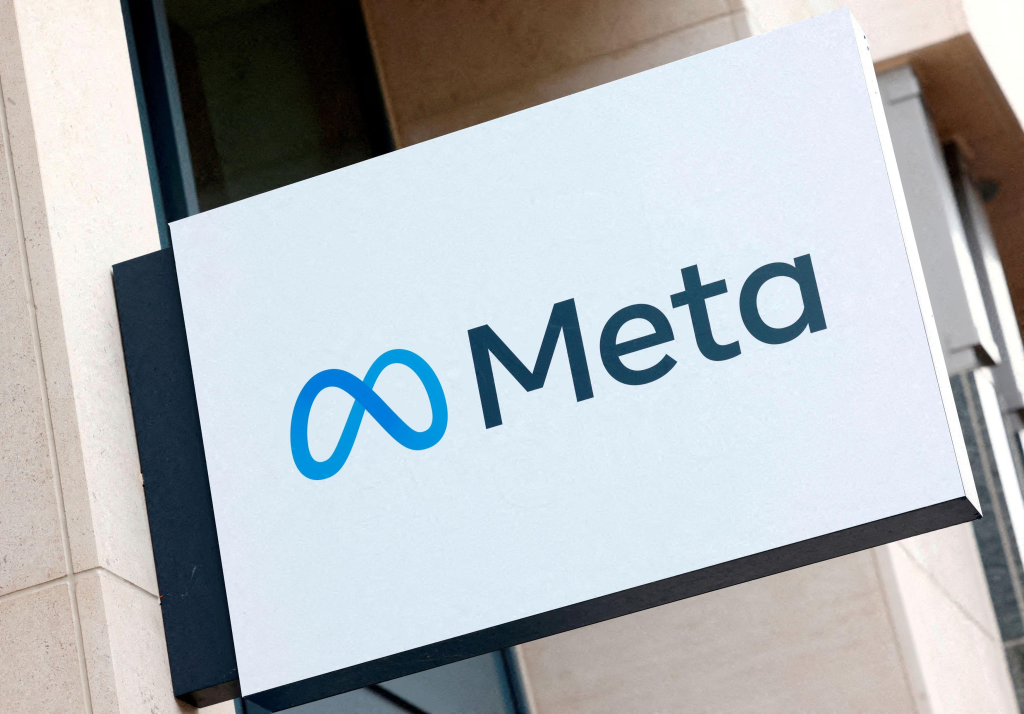
While the community notes system aims to involve the audience in the process of correcting false information, it also introduces new challenges. Critics argue that this system is vulnerable to manipulation and could easily be swayed by loud voices or biased users, undermining the accuracy of the information being shared.
This shift to community-driven verification brings to mind the “he said, she said” model of journalism, where journalists would avoid taking sides and instead let the audience form their conclusions. However, when misinformation is at stake, this approach may not be enough to prevent the spread of false narratives.
The Uncertain Future of Fact-Checking
With Meta’s move away from professional fact-checking, many worry about the future of journalism. Angie Drobnic Holan, the director of the International Fact-Checking Network, expressed concerns that this change would make it more difficult for people to find trustworthy and accurate information online.
Holan pointed out that many fact-checking organizations are already facing cuts due to Meta’s decision. The industry, which started in 2015 with just 50 members, now boasts over 170 organizations. However, with Meta’s shift, many of these organizations might struggle to survive.
The long-term consequences of Meta’s decision remain uncertain. In the short term, the loss of professional fact-checking could result in an increase in misinformation across Meta’s platforms. As Drobnic Holan notes, “In the long term, I think it’s very uncertain what this will all mean.”
A Divided Nation: Trust in Fact-Checkers
In the United States, there has long been suspicion of fact-checkers, particularly among conservative circles. A 2019 survey by the Poynter Institute found that 70% of Republicans felt fact-checking organizations were biased. In contrast, 70% of Democrats believed fact-checkers were fair.
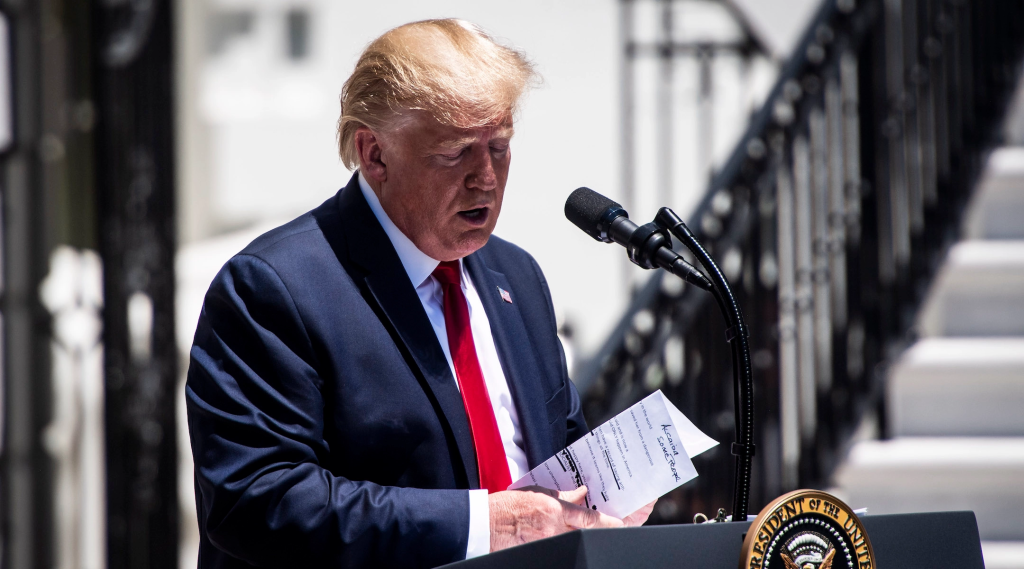
However, the distrust of fact-checkers isn’t just limited to one political group. In 2020, a survey by the Poynter Institute revealed that 52% of Americans found it difficult to determine whether what they were reading about elections was true or not. This statistic highlights the ongoing struggle to distinguish fact from fiction, especially in a time when misinformation is easily spread online.
One recent example of misinformation taking root was the January 6, 2021, Capitol insurrection. False narratives about the event quickly spread across social media, prompting some to wonder what could happen if misinformation continues to go unchecked.
The Role of Fact-Checkers in a Post-Truth World
Fact-checking has always been part of journalism, but its role has become more critical than ever in the age of social media. While Meta’s decision to end professional fact-checking may be seen as a victory for some, it raises questions about the future of truth in media.
Kathleen Hall Jamieson, a professor at the University of Pennsylvania and co-founder of FactCheck.org, believes that fact-checking isn’t censorship but rather the process of challenging falsehoods. However, she also acknowledges that fact-checking often reaches only those who are already skeptical of misinformation.
As misinformation continues to spread across social media, it will take more than just algorithms and community notes to ensure that truth prevails. The involvement of influential figures, particularly Republicans who support fact-checking, will be key to maintaining the integrity of news and information.
Ultimately, the success or failure of Meta’s community notes system will depend on how well users can work together to combat falsehoods. If history has shown us anything, it’s that truth is often elusive, and the fight against misinformation is ongoing.
Disclaimer: This article has been meticulously fact-checked by our team to ensure accuracy and uphold transparency. We strive to deliver trustworthy and dependable content to our readers.

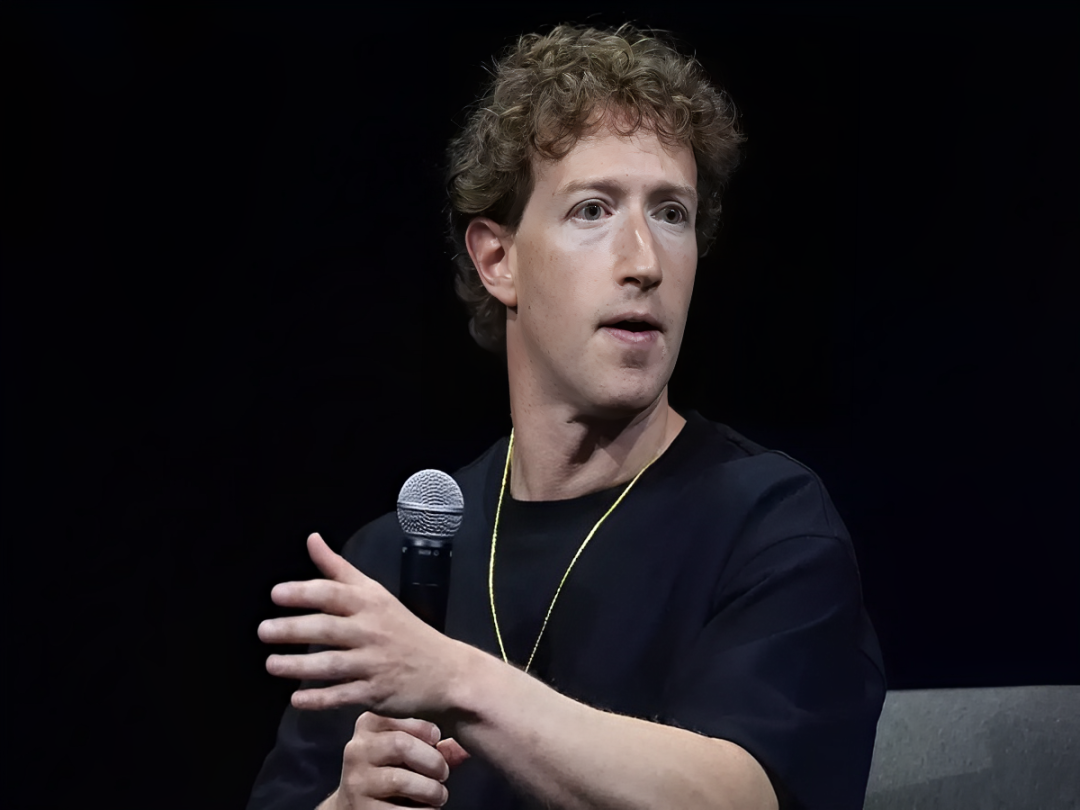
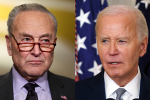
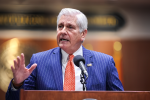
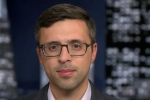
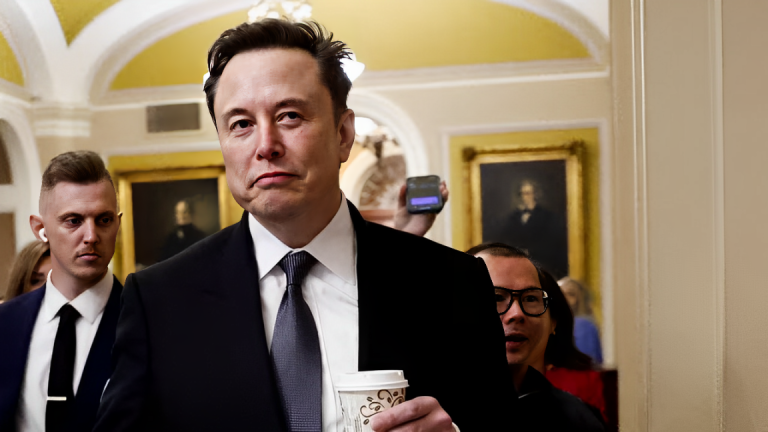

Leave a Comment